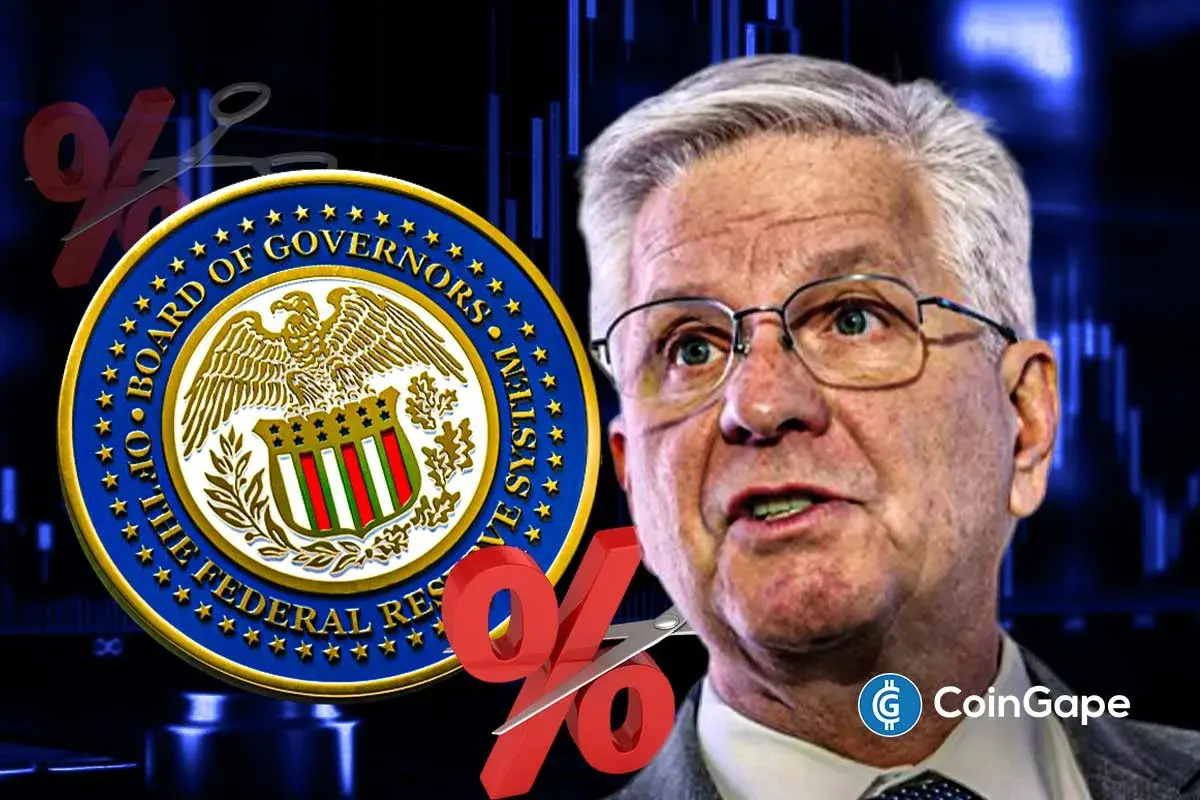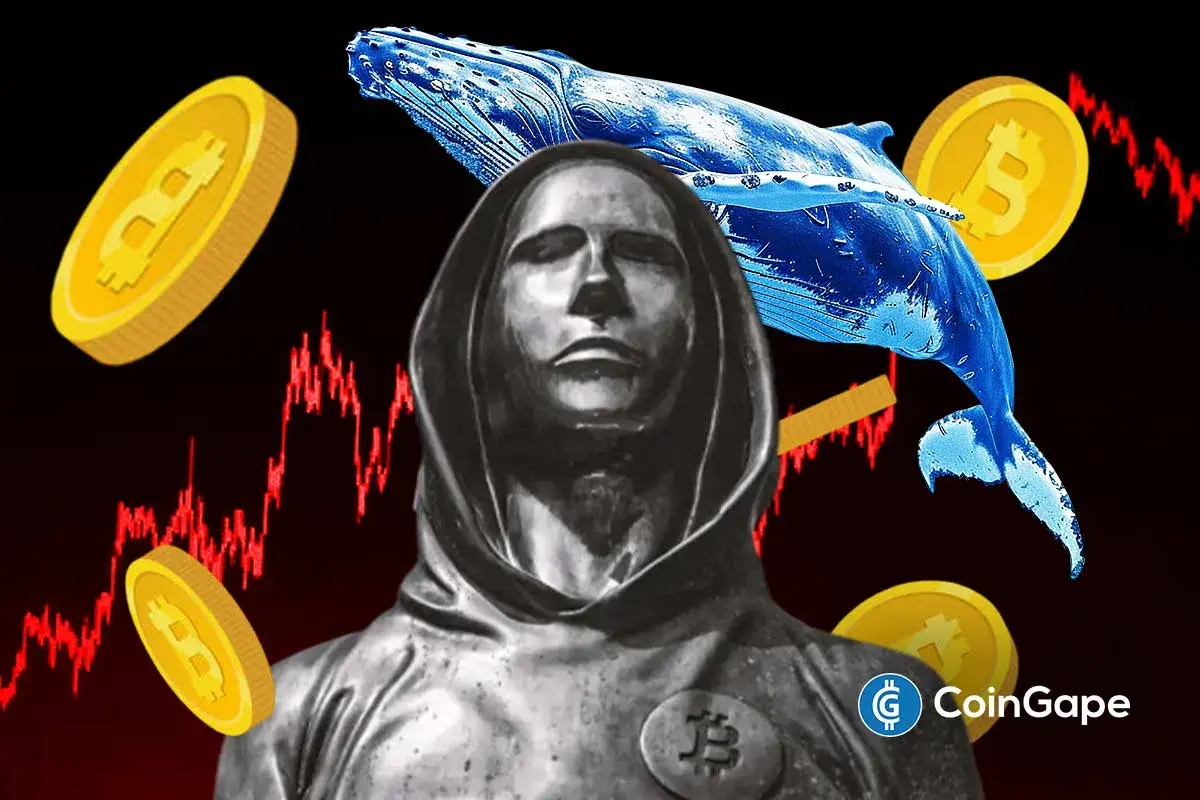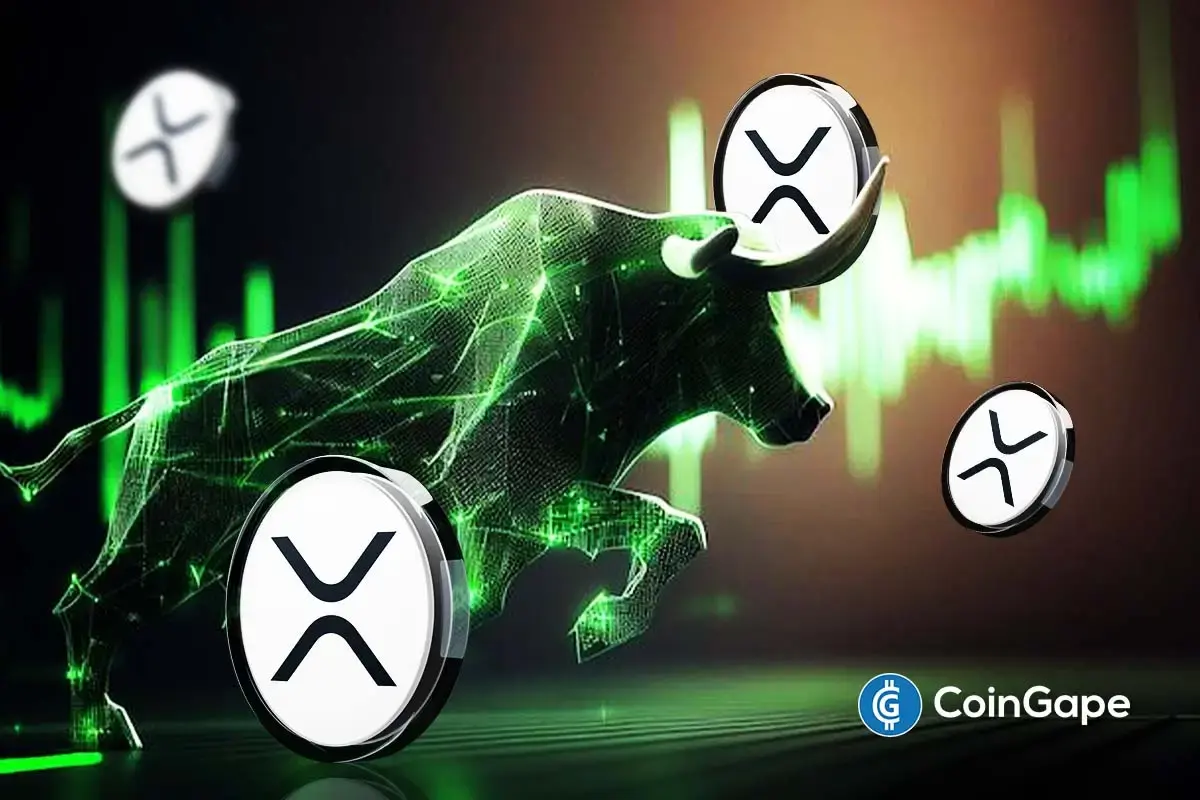Norway’s Government Set To Outlaw Crypto Mining

Highlights
- Norway introduces legislation targeting crypto data centers, focusing on cryptocurrency mining activities.
- Government officials express concerns over environmental impact and lack of regulatory oversight in the crypto mining sector.
- New regulations mandate data center registration and disclosure, aiming to exert greater control over the industry and prioritize socially beneficial projects.
Norway’s recent legislative actions targeting crypto data centers, particularly cryptocurrency mining, reflect a growing concern over the environmental and regulatory implications of this industry. Arcane Research’s investigation in previous times shed light on the significant presence of Bitcoin mining operations within Norway’s borders. Despite its relatively small size, Norway commands a notable share of Bitcoin’s global hashrate, as evidenced by data from Cambridge’s Bitcoin mining map.
Furthermore, Norway’s bitcoin mining industry consumes a substantial amount of electricity, with estimates indicating a consumption of 66 MW of power. This figure, while impressive, raises questions about the environmental impact and sustainability of such operations, prompting the government to take action through new legislation.
Government Regulations and Intentions
Digitalization Minister Karianne Tung and Energy Minister Terje Aasland have articulated the rationale behind the government’s latest legislative measures targeting crypto data centers. Their statements emphasize the need for increased oversight and regulation within the data center industry to ensure transparency and accountability. The proposed legislation mandates the registration of data centers and requires detailed disclosures regarding their operations and services offered.
By implementing these measures, the government aims to exert greater control over the data center sector and prevent the establishment of undesirable projects within Norway. This proactive approach reflects the government’s commitment to balancing innovation with responsible governance, particularly in emerging sectors such as cryptocurrency mining.
Also Read: Crypto Market Showing Recovery Signals, Will It Bounce Back?
Opposition to Crypto Mining and Future Implications
Ministers Tung and Aasland have taken a firm stance against cryptocurrency mining in Norway, citing concerns over its environmental impact and regulatory oversight. They highlight the associated greenhouse gas emissions and lack of regulation as key factors driving the government’s opposition to this industry. Moreover, the government prioritizes socially beneficial data centers over those seeking to exploit Norway’s abundant and relatively cheap electricity for cryptocurrency mining purposes.
The proposed legislation seeks to address these concerns by imposing stricter regulations on the data center industry, including mandatory registration and disclosure requirements. By doing so, Norway aims to assert greater control over its digital infrastructure while positioning itself as a leader in responsible and sustainable technology development. The implications of these regulatory measures extend beyond Norway’s borders, potentially influencing the approach of other European countries towards cryptocurrency mining and data center regulation.
Also Read: Top Analyst Warns $3B Short Liquidation If Bitcoin Price Hits This Level
- Fed’s Chris Waller Says Support For March Rate Cut Will Depend On Jobs Report
- Breaking: Tom Lee’s BitMine Adds 51,162 ETH Amid Vitalik Buterin’s Ethereum Sales
- Breaking: Michael Saylor’s Strategy Makes 100th Bitcoin Purchase, Buys 592 BTC as Market Struggles
- Satoshi-Era Whale Dumps $750M BTC as Hedge Funds Pull Out Billions in Bitcoin
- XRP Sees Largest Realized Loss Since 2022, History Points to Bullish Price Run: Report
- Top 3 Meme Coins Price Prediction As BTC Crashes Below $67k
- Top 4 Reasons Why Bitcoin Price Will Crash to $60k This Week
- COIN Stock Price Prediction: Will Coinbase Crash or Rally in Feb 2026?
- Shiba Inu Price Feb 2026: Will SHIB Rise Soon?
- Pi Network Price Prediction: How High Can Pi Coin Go?
- Dogecoin Price Prediction Feb 2026: Will DOGE Break $0.20 This month?

















